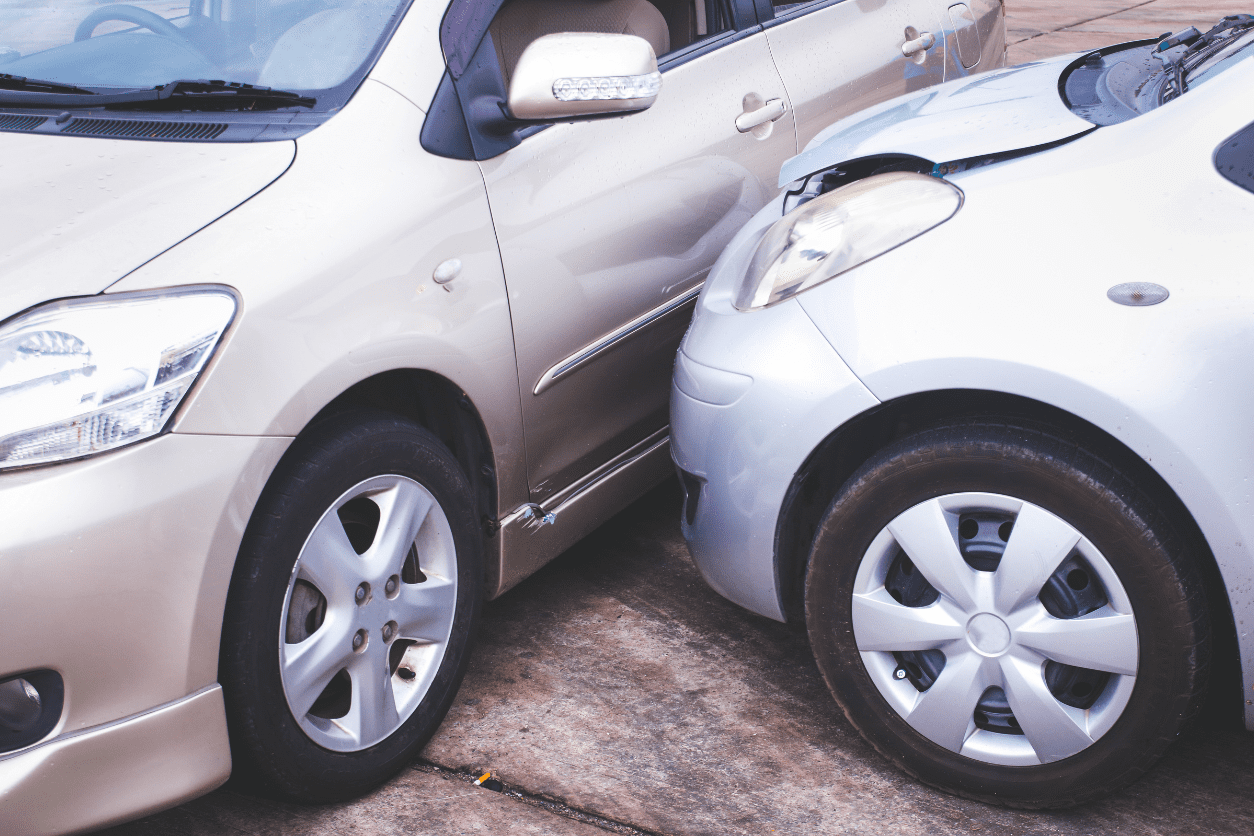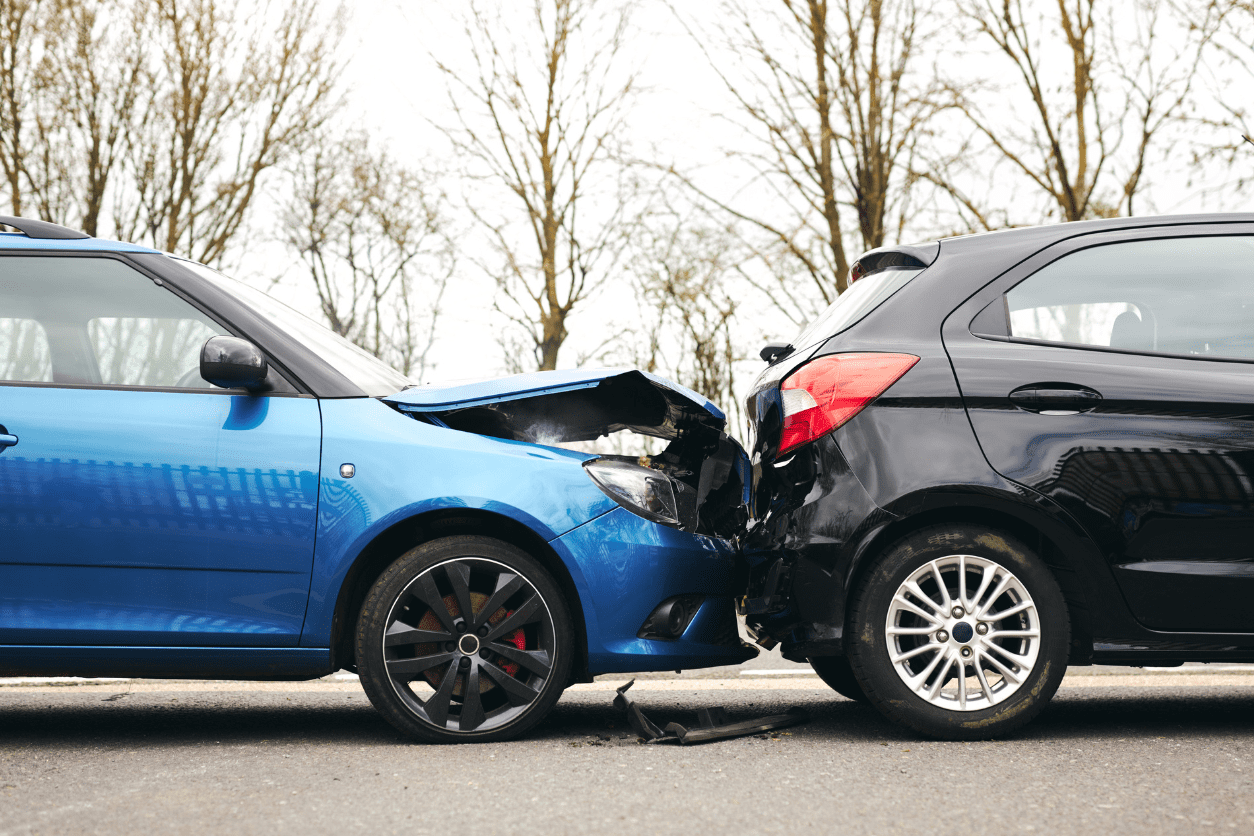It’s crucial for drivers to know the risks and nature of cognitive distraction, which can divert focus from driving and cause severe performance deficits.
Over the past few years, distracted driving has taken a devastating toll in Cleveland and other parts of Tennessee. According to The Tennessean, in 2013, the state had the highest proportion of fatal auto accidents involving driver cell phone use of any state. In 2015, over 1,300 crashes reportedly involved this activity. Not surprisingly, state lawmakers are now weighing banning drivers from using handheld cell phones. However, similar measures have not yet been proposed for hands-free technology.
To many people, the risks associated with looking at and physically handling an electronic device seem greater than those that come with using a hands-free device. However, hands-free technology can still create a dangerously high level of mental distraction. It’s important for drivers to understand the nature of this cognitive distraction and the factors that can make it so dangerous.
MENTAL BURDEN
The National Highway Traffic Safety Administration broadly defines distraction as any activity that diverts a driver from controlling the vehicle and responding to changing conditions. Cognitive distraction essentially is any activity that demands mental attention and takes a driver’s focus away from the road. Under this definition, using a voice-activated infotainment system, listening to a hands-free phone conversation and following directions from a GPS can all produce cognitive distraction.
NEED FOR MULTITASKING
Cognitive distraction can endanger drivers because it necessitates multitasking. The National Safety Council explains that, despite what people may think, the brain lacks the capability to simultaneously handle multiple cognitively demanding tasks. Instead, the brain must rapidly switch between tasks. This switching can result in less effective performance at each task, along with delayed responses to new information or changing conditions.
PERFORMANCE IMPAIRMENTS
Based on a review of over 30 studies, the NSC reports that cognitive distraction can have various adverse effects on a person’s driving skills. Research shows that one common form of cognitive distraction, talking on a hands-free cell phone, can cause drivers to experience all of the following issues:
- Slowed response times. In one study, drivers who were legally intoxicated actually showed quicker reaction times than those who were mentally distracted.
- Decreased brain activity. In another study, drivers showed less activity in regions of the brain that are essential during driving once they started engaging in a task that required listening and critical thinking.
- Effective blind spots. Further research suggests that cognitively distracted drivers only take in about half of the stimuli or information in their immediate environments.
These findings suggests that mentally distracted drivers may be more prone to react late to hazards and look over important stimuli, such as traffic control devices. These impairments may put drivers at much greater risk for unnecessary distraction-related accidents.
HOLDING DISTRACTED DRIVERS LIABLE
Unfortunately, even people who recognize the risks of cognitive distraction may still be vulnerable to accidents involving less prudent motorists. People who have suffered harm in such accidents should understand that they might be able to seek recompense from the at-fault driver, regardless of whether a distracting activity was expressly outlawed. An attorney may be able to offer further advice on assessing liability and, if necessary, filing a personal injury claim.


















